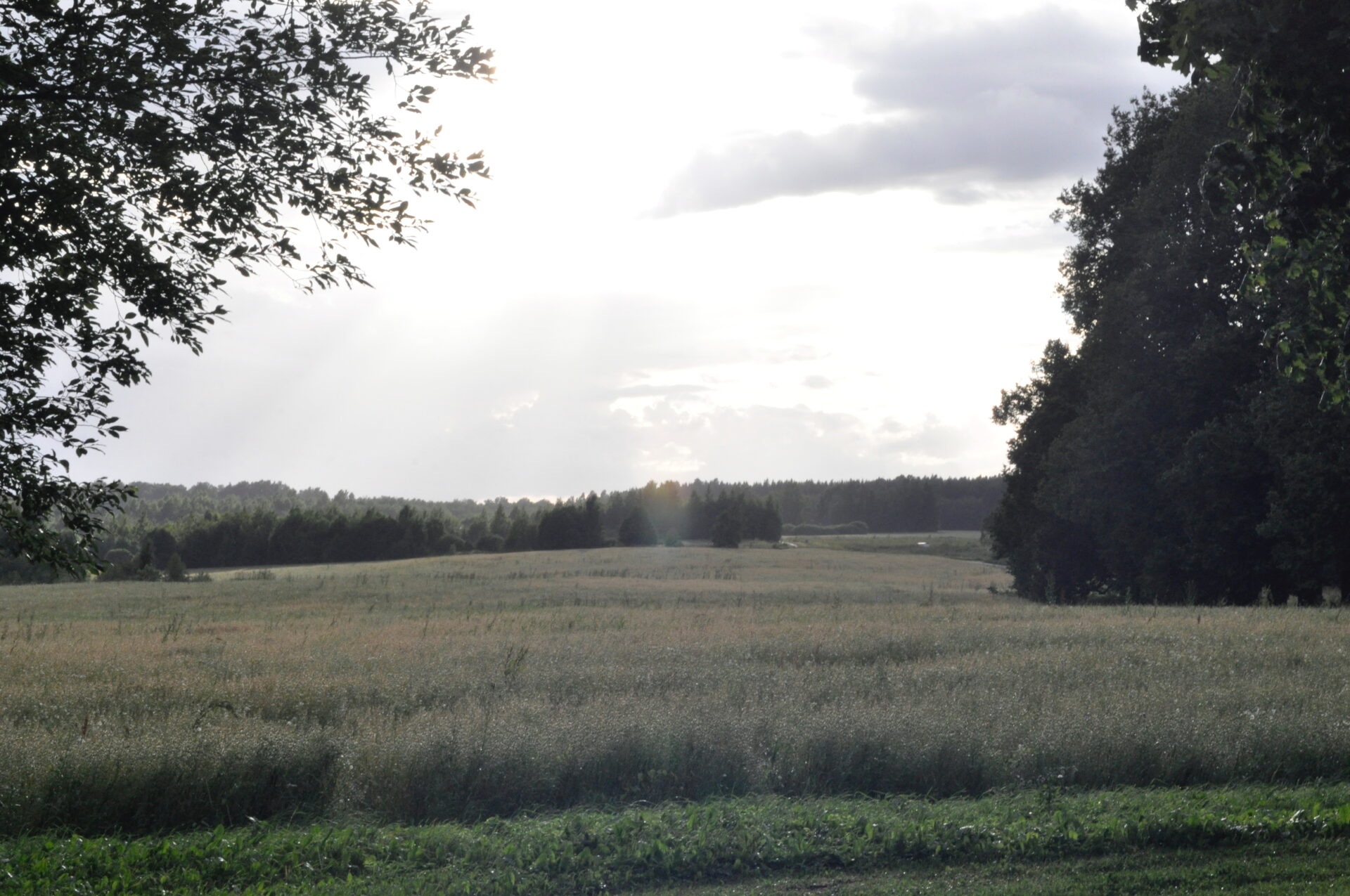- Home
- Circulars
- Programme
- Programme scheme
- Plenary talks
- Book of Abstracts
- List of symposia
- Symposium A.1: Power imbalance and hierarchies in Finno-Ugric studies
- Symposium A.2: Shifting and competing ideologies in minority language development and language maintenance
- Round-table: Finno-Ugric Studies meeting the People
- Symposium B.1: Prehistoric lexical layers in Saami and Finnic
- Symposium B.2: Perspectives on Saami with a particular focus on the smaller languages
- Symposium B.3: South Estonian within and beyond Uralic studies
- Symposium B.4: The size of Uralic nominals
- Symposium B.5: Verbalization of motion events in Uralic
- Symposium B.6: Grammatical Subjects and Objects in Uralic
- Symposium B.7: Clause combining in Uralic languages
- Symposium B.8: Epistemic categories in Uralic and beyond
- Symposium B.9: Discourse particles in the Uralic languages
- Symposium B.10: Marginal phonemes
- Symposium B.11: Prosody of Uralic languages
- Symposium B.12: Building diachronic corpora for minority languages
- Symposium C.1: Reappraising Public Representations of Finno-Ugric Identities
- Symposium C.2: The Possibilities of Studying Finno-Ugric Religions in a Changing World
- Symposium C.3: The winter in Finno-Ugric cultures
- Symposium C.4: Traditional Creation and Modern Experience in Folk Music Revival
- Symposium D.1: Transdisciplinary approach in the studies of the human past
- List of accepted papers
- Receptions
- Book presentations
- Venues
- Excursions
- Guided city walks
- Guided tour through the Estonian Literary Museum
- Introducing the University of Tartu Archives of Estonian Dialects and Kindred Languages (FULLY BOOKED)
- Excursion to Setomaa (FULLY BOOKED)
- Barge trip on the river Emajõgi (FULLY BOOKED)
- Guided tour to the Tartu KGB Cells Museum (CANCELLED)
- Guided tour to the A. le Coq Beer Museum
- Practical information
- About CIFU
- Appeal for South Estonian
- Gallery

Congressus XIV Internationalis Fenno-Ugristarum
Symposium C.4: Traditional Creation and Modern Experience in Folk Music Revival
Organizers: Janika Oras and Taive Särg (Estonian Folklore Archives of the Estonian Literary Museum)
The symposium will focus on contemporary performance processes and experiences of traditional music, especially from the musician’s perspective. Musician have always been tethered to both past traditions and the present, yet in traditional societies, this distinction was less pronounced. In contemporary times, musicians might blend various musical experiences, drawing on both historical models and contemporary aesthetics. The plethora of choices has raised the question of authenticity within the context of the revival of traditional music. This debate often revolves around the connection between traditional musical styles—typically linked to specific community identities—and various aspects of their modern interpretations.
As one aspect of authenticity, Owe Ronström highlights authenticity of process in folk music revival, referring to the extent to which the creation and performance processes adhere to traditional models. A significant shift has occurred within the revival movement since the late 20th century, transitioning from a focus on the end product of music creation to emphasizing the performance and recreation processes. This shift towards process has encouraged a deeper understanding of the ‘vocabulary’ and ‘syntax’ of traditional music-making. Ronström also highlights a category such as the authenticity of the experience – that is, the emotion people receive from the traditional music is relevant, personal and immediate to them (Ronström 2014).
The symposium aims to explore the reasons and methods through which individuals today seek experiential connections with past singers and musicians who (re)created their music in live performance context. It will examine how these individuals engage with historical music and its inherent sensibilities during performance and (re)creation. One area of focus will be the adoption and application of traditional creative methods (such as improvisation and variation based on traditional forms and formulas) across various performance domains, including song, instrumental music, and dance.
Additionally, we invite discussions on contemporary contexts and venues where past performance traditions are revitalized, alongside the application of participatory and/or presentational performance principles. Examples of such revitalization include participatory singing in traditional styles at organized singing events or gatherings, musician jams, dance clubs, and music and dance in revived or traditional rituals, such as weddings and calendar festivals, as well as solitary expressions of grief in laments.
Literature
Ronström, Owe 2014. Traditional Music, Heritage Music. – Caroline Bithell, Juniper Hill (ed.-s). The Oxford Handbook of Music Revival, pp. 43-59. Oxford Handbooks. Oxford University Press.
Contact persons: Janika Oras janika.oras@folklore.ee and Taive Särg taive.sarg@folklore.ee



